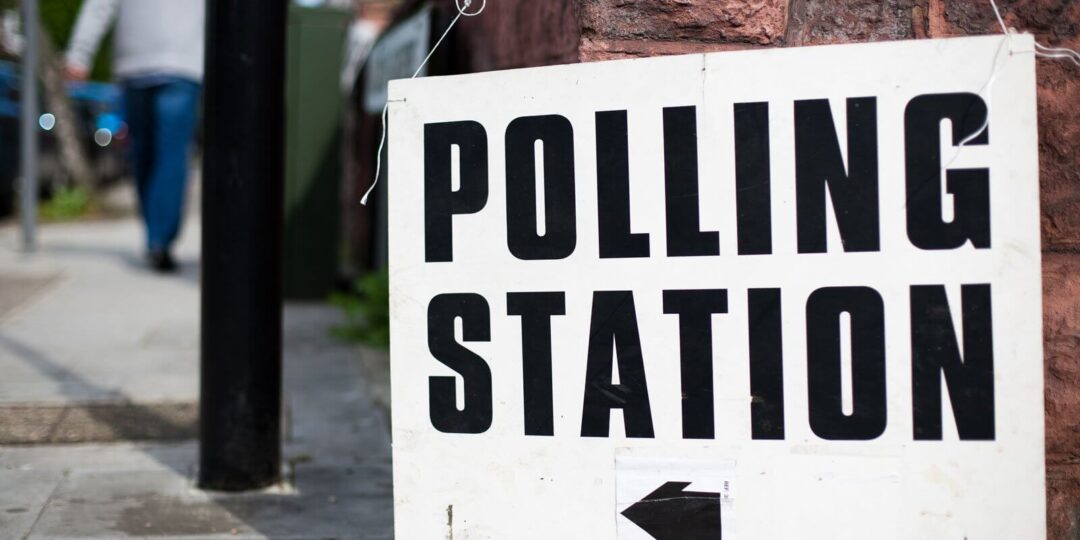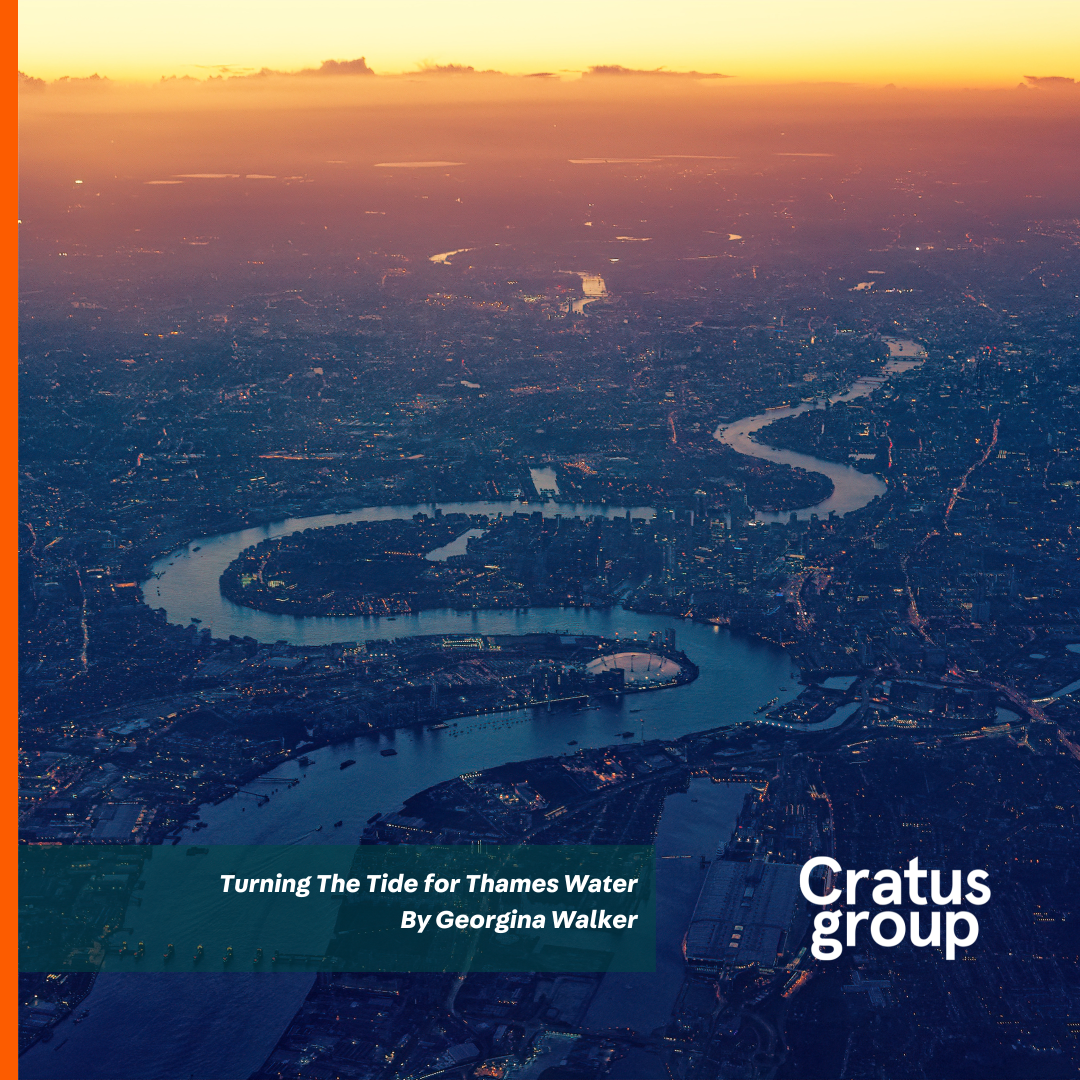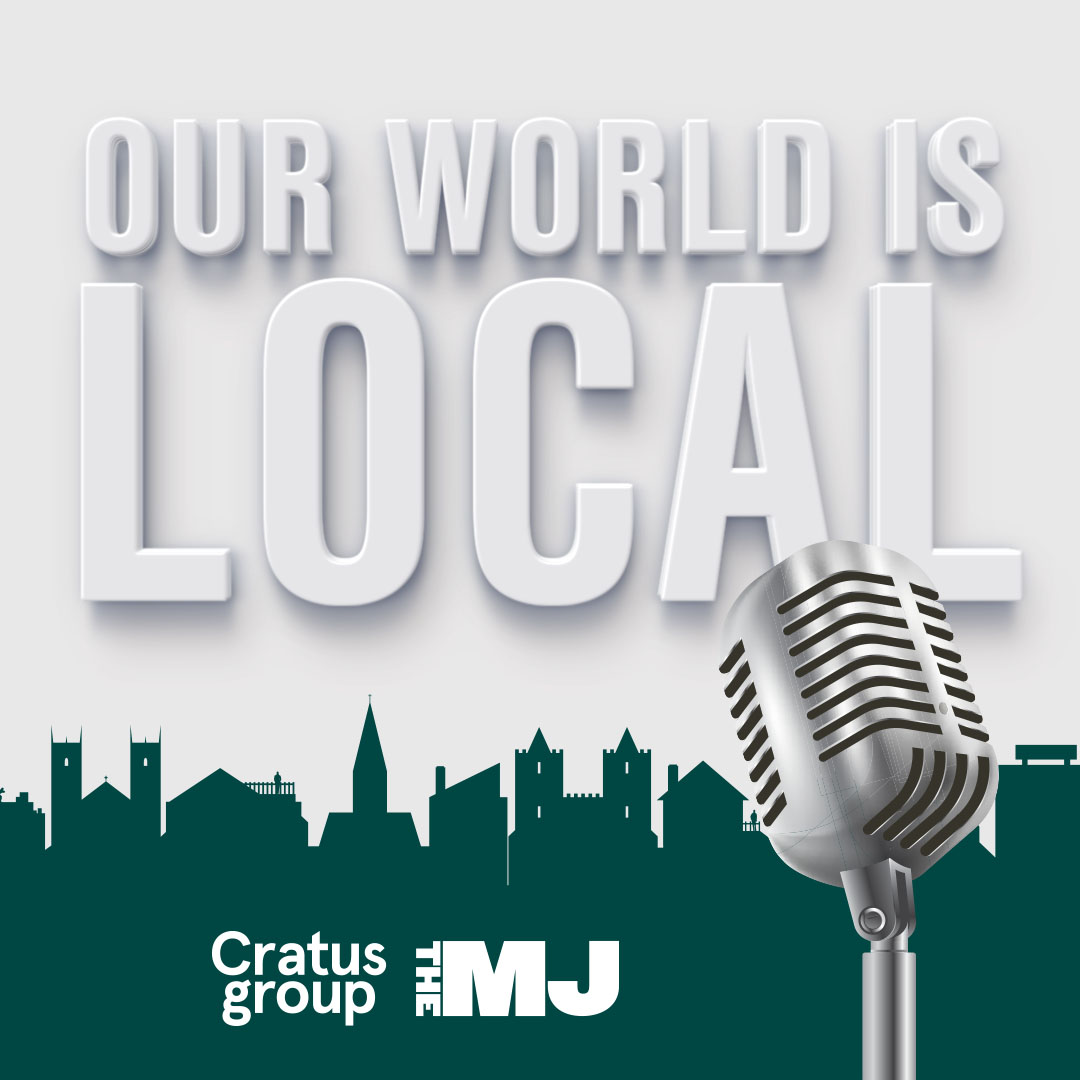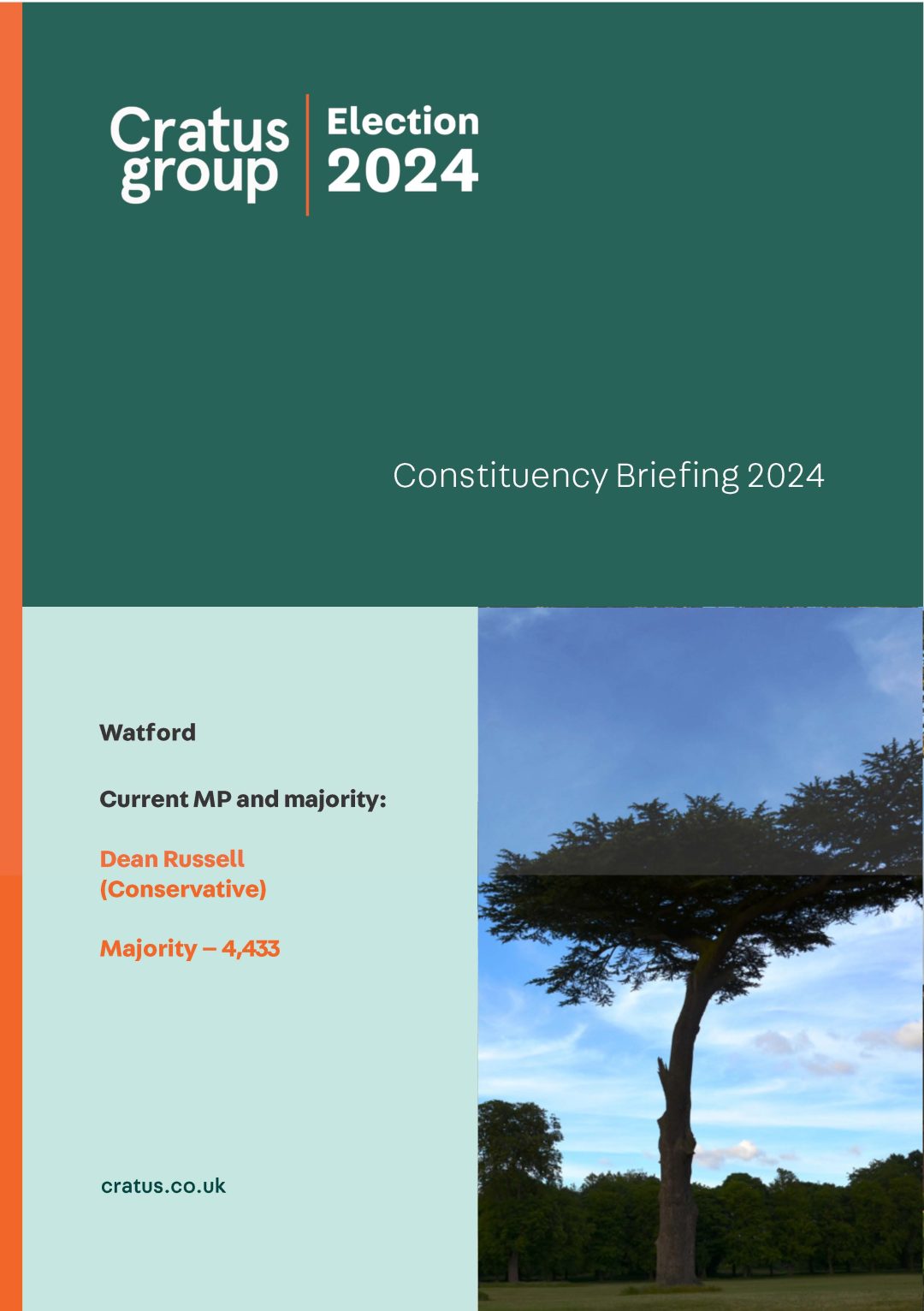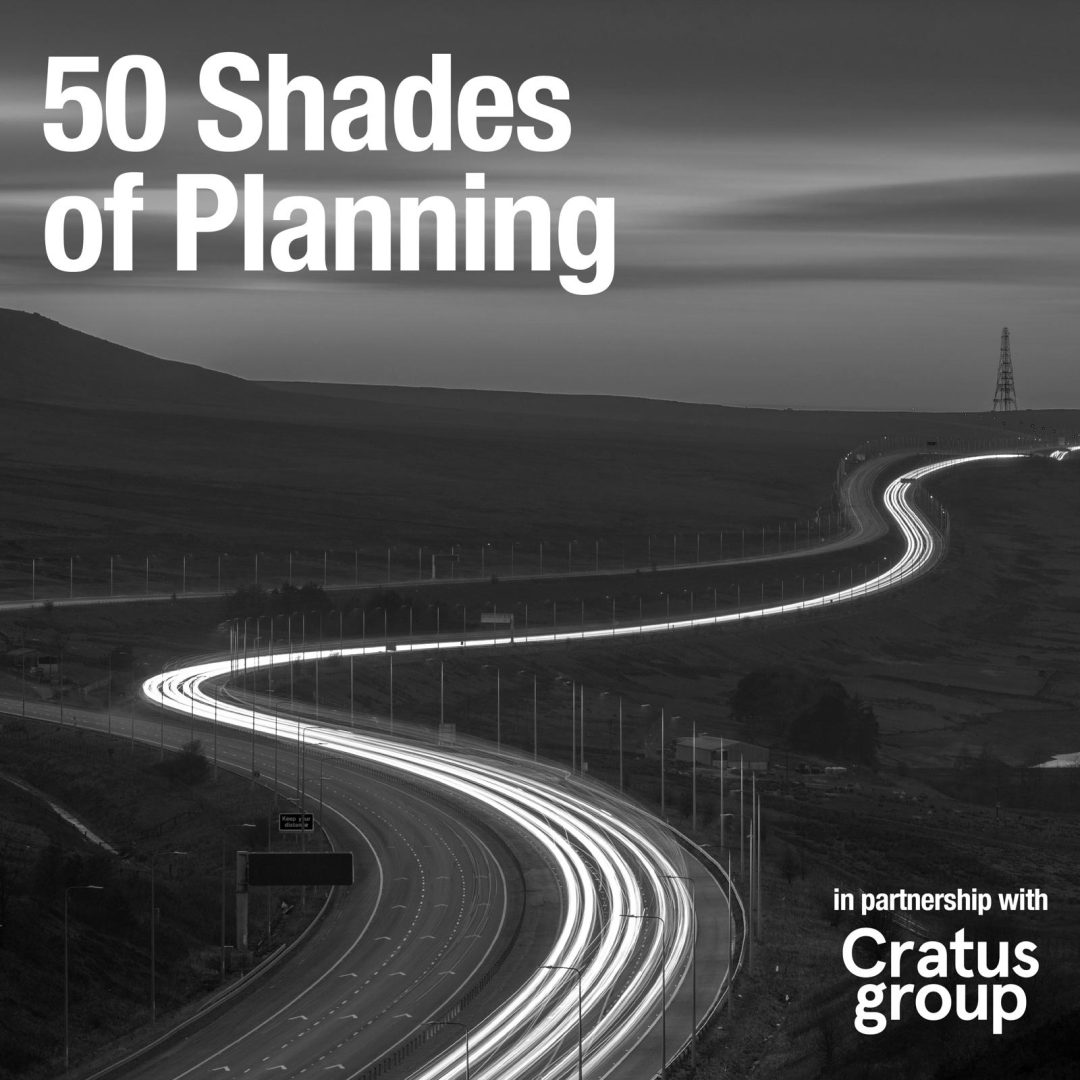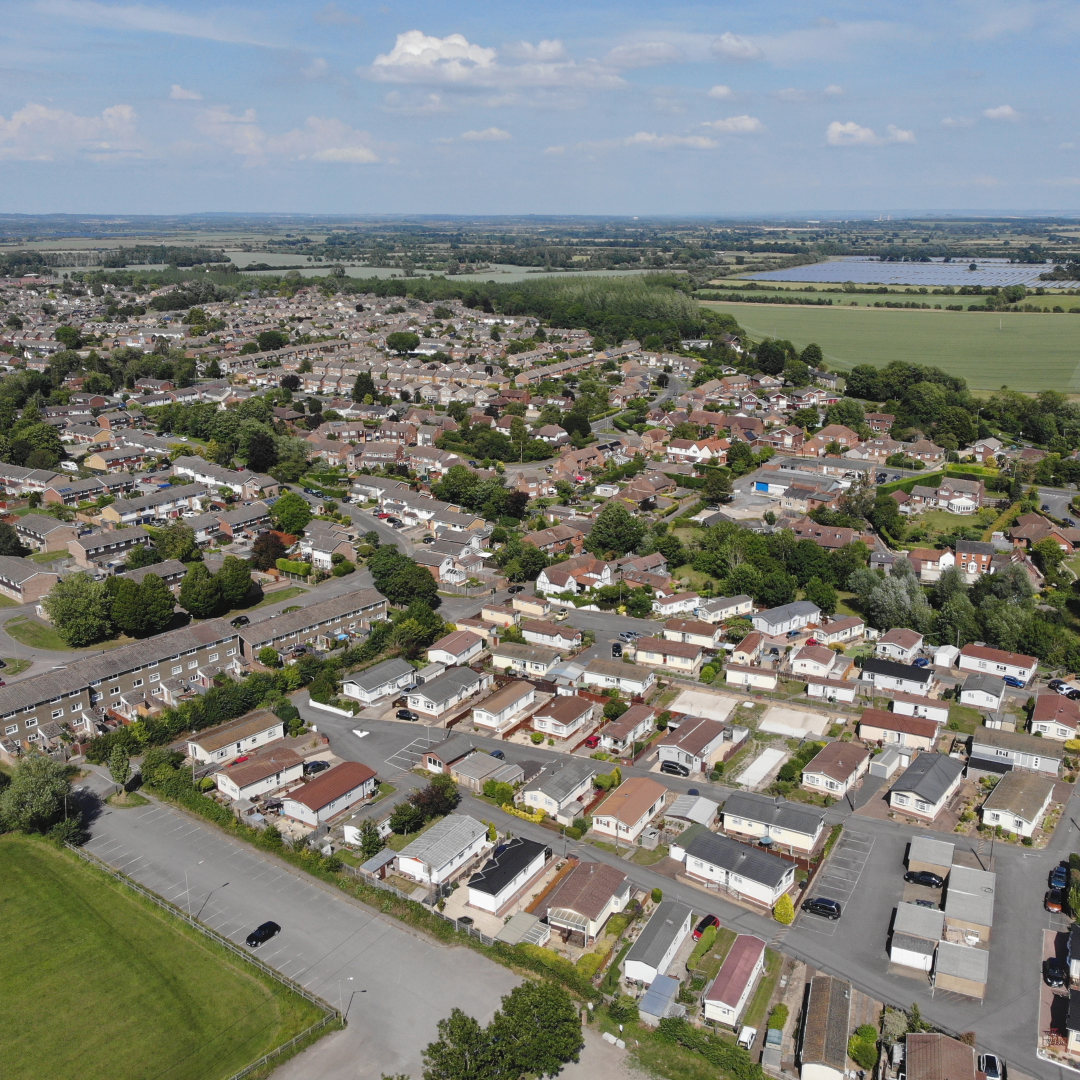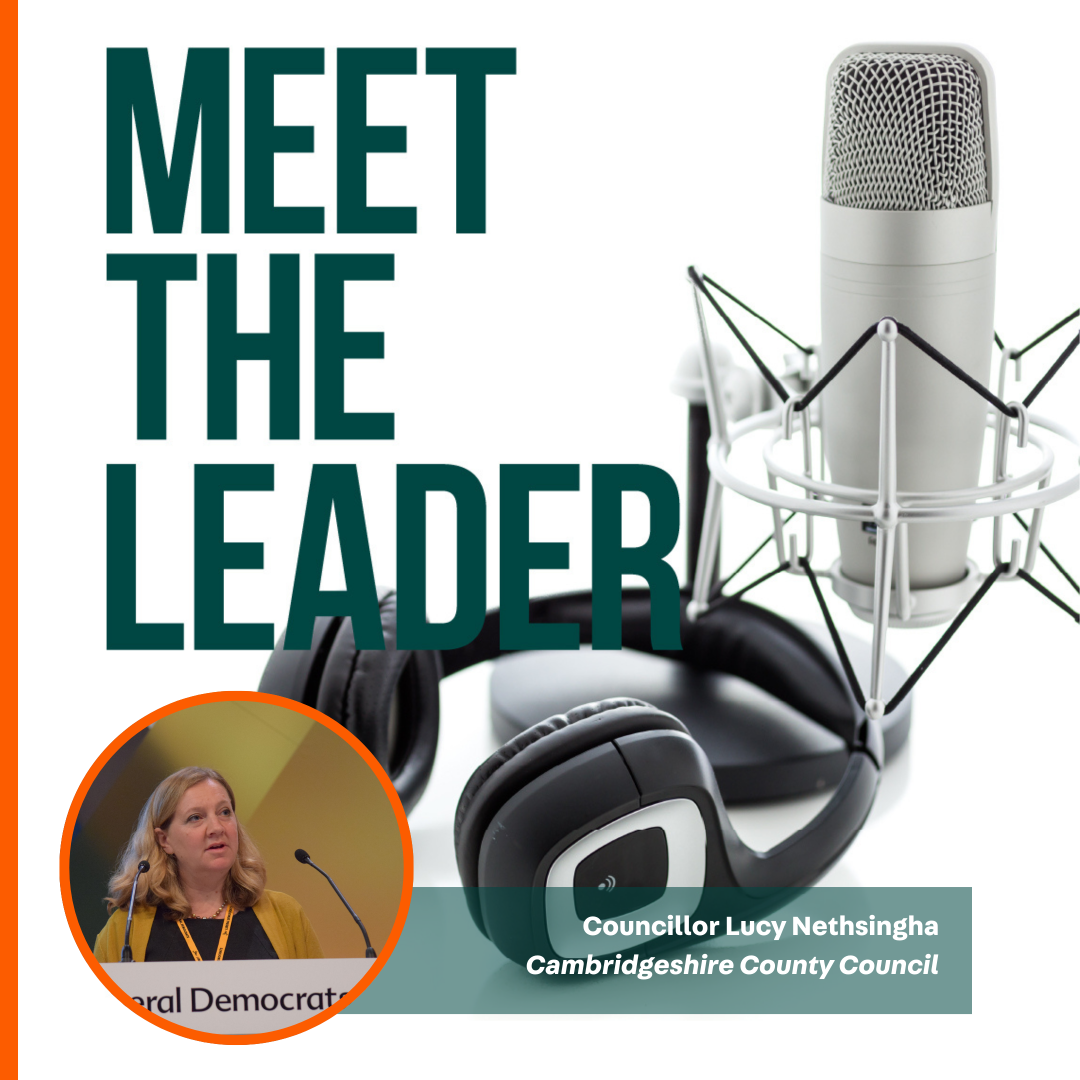Cratus 2019 General Election Guide – Berkshire
Berkshire is a county mostly dominated by the Conservatives. However, there is a Labour hold-out in Slough, as well as Reading seats which have swung back and forth between the two main parties over the last couple of decades. Brexit will have a significant impact on the outcome, with five of the eight constituencies having voted to Remain – including the Conservative’s target seat of Reading East. Development and its impact on infrastructure, particularly transport, is also a massive issue, and has seen pockets of support opening up for the Liberal Democrats and Independents.
Seat Summary and Candidate List
Bracknell
- 2017 result – Conservative majority 16,016.
- 2017 incumbent – Dr Phillip Lee is standing in Wokingham constituency for the Liberal Democrats.
- EU referendum – Leave 53.2%, Remain 46.8%.
- Candidates – James Sunderland (Conservative), Paul Bidwell (Labour), Kaweh Beheshtizadeh (Liberal Democrat), Derek Florey (Green), Olivio Barreto (Independent).
Cratus prediction – Conservative hold. Phillip Lee was elected as a Conservative, but crossed the floor to the Liberal Democrats. His vacating the seat deprives his party of a candidate with name-recognition in a seat where they came third in 2017. On top of this, the lack of a Remain Alliance means that neither the Liberal Democrats nor Labour will be able to seriously challenge the new Conservative candidate, former Army Colonel James Sunderland.
Maidenhead
- 2017 result – Conservative majority 26,457.
- 2017 incumbent – Theresa May is seeking re-election.
- EU referendum – Remain 55.0%, Leave 45.0%.
- Candidates – Theresa May (Conservative), Patrick McDonald (Labour), Joshua Reynolds (Liberal Democrat), Emily Tomalin (Green).
Cratus prediction – Conservative hold. With a former Prime Minister seeking re-election who enjoys a positive local reputation as a constituency MP, no other party will be able to pose a serious threat to the Conservative vote.
Newbury
- 2017 result – Conservative majority 24,380.
- 2017 incumbent – Richard Benyon is standing down.
- EU referendum – Remain 52.2%, Leave 47.8%.
- Candidates – Laura Farris (Conservative), James Wilder (Labour), Lee Dillon (Liberal Democrat), Stephen Masters (Green), Ben Crowther-Holden (Independent).
Cratus prediction – Conservative hold. With Richard Benyon stepping down after 14 years, the Conservatives have lost a popular local MP. The Liberal Democrats’ candidate, as the main challenger, has some name-recognition as West Berkshire Council’s Opposition Leader. However, with the Conservative vote share of over 60% at the last election, Laura Farris, daughter of former Newbury MP Michael McNair-Wilson, should win comfortably.
Reading East
- 2017 result – Labour majority 3,749.
- 2017 incumbent – Matt Rodda is seeking re-election.
- EU referendum – Remain 61.8%, Leave 38.2%.
- Candidates – Craig Morley (Conservative), Matt Rodda (Labour), Imogen Shepherd-DuBey (Liberal Democrat), Mitchell Feierstein (Brexit Party), David McElroy (Green), Yemi Awolola (Christian Peoples Alliance).
Cratus prediction – Labour hold. Won from the Conservatives in 2017, Reading East will see former-Reading-councillor-turned-MP Matt Rodda benefit from a significant Remain majority up against pro-Brexit Craig Morley. On top of this, the presence of a Brexit Party candidate will probably deny Morley the votes he needs to edge past Rodda.
Reading West
- 2017 result – Conservative majority 2,876.
- 2017 incumbent – Alok Sharma is seeking re-election.
- EU referendum – Leave 51.5%, Remain 48.5%.
- Candidates – Alok Sharma (Conservative), Rachel Eden (Labour), Meri O’Connell (Liberal Democrats), Jamie Whitham (Green).
Cratus prediction – Conservative hold. Alok Sharma’s majority was reduced in 2017, but he is likely to benefit from a small Leave majority in the constituency. Rachel Eden enjoys some name-recognition as a Reading West councillor, but the inclusion of other Remain parties, and the absence of a Brexit Party candidate will keep Sharma with a small majority.
Slough
- 2017 result – Labour majority 16,998.
- 2017 incumbent – Tan Dhesi is seeking re-election.
- EU referendum – Leave 54.1%, Remain 45.9%.
- Candidates – Kanwal Toor Gill (Conservative), Tan Dhesi (Labour), Aaron Chahal (Liberal Democrat), Delphine Gray-Fisk (Brexit Party), Julian Edmonds (Green).
Cratus prediction – Labour hold. First elected in 2017, Tan Dhesi has a healthy majority of over 31%. Although his vote may be reduced by a strong Leave vote, the Conservatives’ advantage could be dented by the presence of a Brexit Party candidate. Additionally, none of the other candidates have high enough profiles to challenge the name recognition Dhesi has built.
Windsor
- 2017 result – Conservative majority 22,384.
- 2017 incumbent – Adam Afriyie is seeking re-election.
- EU referendum – Remain 53.3%, Leave 46.7%.
- Candidates – Adam Afriyie (Conservative), Peter Shearman (Labour), Julian Tisi (Liberal Democrat), Fintan McKeown (Green), David Buckley (Independent), Wisdom Da Costa (Independent).
Cratus prediction – Conservative hold. Labour’s candidate, Peter Shearman stood previously in 2017, as well as in the 2019 Eton & Castle by-election for the Royal Borough of Windsor & Maidenhead. Afriyie’s majority will likely be reduced, but he is almost certain to be returned to the Commons.
Seat Profile – Wokingham
- 2017 result – Conservative majority 18,798.
- 2017 incumbent – John Redwood is seeking re-election.
- EU referendum – Remain 57.3%, Leave 42.7%.
- Candidates – John Redwood (Conservative), Annette Medhurst (Labour), Phillip Lee (Liberal Democrat), Kizzi Johannessen (Green), Annabel Mullin (Advance Together).
Cratus prediction – Conservative hold.
Wokingham has been held by the Conservative Party since the seat’s re-establishment in 1950. Former Secretary of State for Wales and head of Margaret Thatcher’s Policy Unit, John Redwood, has been the local MP since 1987.
The constituency is named for its principal town, Wokingham, which has consistently been ranked as one of the best places to live, work and raise a family in the UK. The rest of the constituency includes the towns of Winnersh and Earley, as well as a number of small villages and farms.
Despite John Redwood’s position as a prominent advocate for leaving the EU, voters in the constituency backed Remain in the referendum. Opposition parties have made significant in-roads in local elections, controlling 18 of the 35 council seats across the constituency (15 of which are held by the Liberal Democrats). On top of this, Redwood’s main challenger, Dr Phillip Lee, has switched to Wokingham from the neighbouring Bracknell constituency after defecting to the Liberal Democrats in September 2019. A Survation poll conducted in early November put Dr Lee just four points behind Redwood.
Aside from Brexit, the constituency is dominated by the issue of development. With proposals to build 15,000 homes in a new town as well as developments in other parts of the constituency, politicians from all sides are raising the issue of pressures on infrastructure while pledging to limit housing numbers.
Redwood is likely to still win the seat, but the question of how close Dr Lee can get will make for an interesting bell-weather for other Conservative Remain seats being challenged by the Liberal Democrats.
